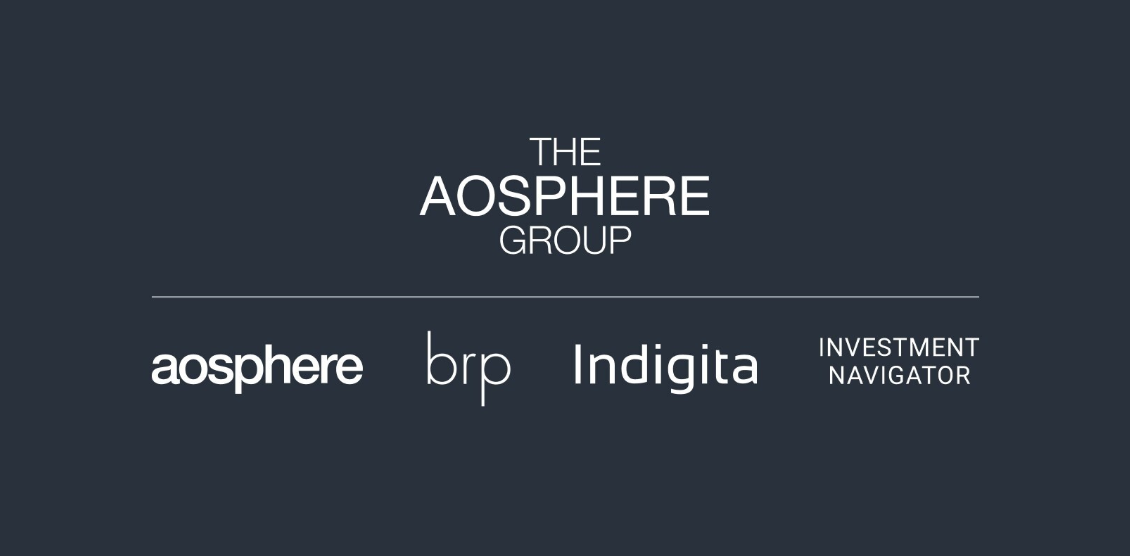By Romain Faraut, Director of the Swiss Market at Croesus and Nabil Hatimy, Director and Head of Client Delivery & Partnerships at Indigita SA
In the intricate world of wealth management, one thing is increasingly clear: while banks are not tax advisors, they cannot afford to overlook the tax implications of their actions. From a legal, reputational, and client service standpoint, tax awareness is becoming a vital part of modern financial stewardship.
Understanding the Bank’s Tax-Related Responsibilities
Although banks typically disclaim any role as tax advisors, this does not absolve them of all tax-related responsibility. Depending on the nature of the client relationship, the bank’s liability may vary:
- Discretionary Agreement: In cases where the bank has full discretion over the client’s portfolio, there is a high degree of responsibility. Here, tax suitability is not just good practice, it is part of fiduciary duty. The bank’s decisions directly impact the client’s financial outcomes, including tax exposure.
- Advisory Agreement: When a client enters into an advisory relationship, the bank holds a mitigated responsibility to ensure that investment advice considers tax implications. While the client retains final decision-making power, the bank must still act with reasonable diligence and care.
- Execution-Only Agreement: In a purely transactional relationship, the bank’s responsibility is low. However, tax-related issues can still become a point of contention. Strategically, banks may use tax considerations as a commercial lever to encourage clients to shift toward advisory relationships, where they can receive more tailored guidance.
Case Study: The Banking Ombudsman and a Costly Oversight
A recent case reviewed by the Swiss Banking Ombudsman serves as a cautionary tale. An elderly client residing abroad had entrusted her portfolio to a Swiss bank under a discretionary mandate. Without prior consultation, the bank liquidated her entire portfolio and reinvested the proceeds into an internal fund. While this might have appeared to be a strategic move, it resulted in significant capital gains.
The complication? The client lived in a country where capital gains were taxable. The restructuring triggered a sizable tax liability, one that could have been avoided or at least mitigated had her tax residency been considered.
Initially, the bank refused to take responsibility, citing its non-advisory status on tax matters. However, during mediation, it agreed to cover 50% of the tax costs. The outcome highlighted an important precedent: tax consequences matter, even when not explicitly included in the service agreement.
Why Tax Suitability Matters
This case is not an anomaly, it is a symptom of a broader issue in wealth management. As clients become more global and tax regimes more complex, ignoring tax implications can no longer be excused as someone else’s problem.
Effective tax planning:
- Enhances post-tax returns
- Builds long-term client trust
- Reduces the risk of disputes and reputational damage
Moreover, a lack of tax foresight can lead to regulatory scrutiny or even litigation, especially when clients feel misled or inadequately protected.
The Future: Proactive, Tax-Savvy Wealth Management
Today’s financial institutions must evolve beyond traditional models. Integrating tax considerations into portfolio management is no longer optional, it is essential.
To stay ahead, banks and wealth managers should:
- Invest in cross-border tax intelligence
- Train advisors in international tax sensitivity
- Leverage financial technology to model after-tax outcomes
- Adopt a client-centric, transparent approach
As global tax landscapes grow more sophisticated, clients will increasingly seek partners who can navigate these complexities with confidence and care. Those institutions that adapt will not only safeguard themselves against future liabilities, they will also position themselves as leaders in the next era of wealth management.
In collaboration with Croesus, Indigita simplifies tax-suitable portfolio management by integrating tax data for 80 countries directly into portfolio rebalancing workflows. This seamless solution helps wealth professionals ensure tax suitability, mitigate risks, and maximise client returns.
Book a demo to learn more!




